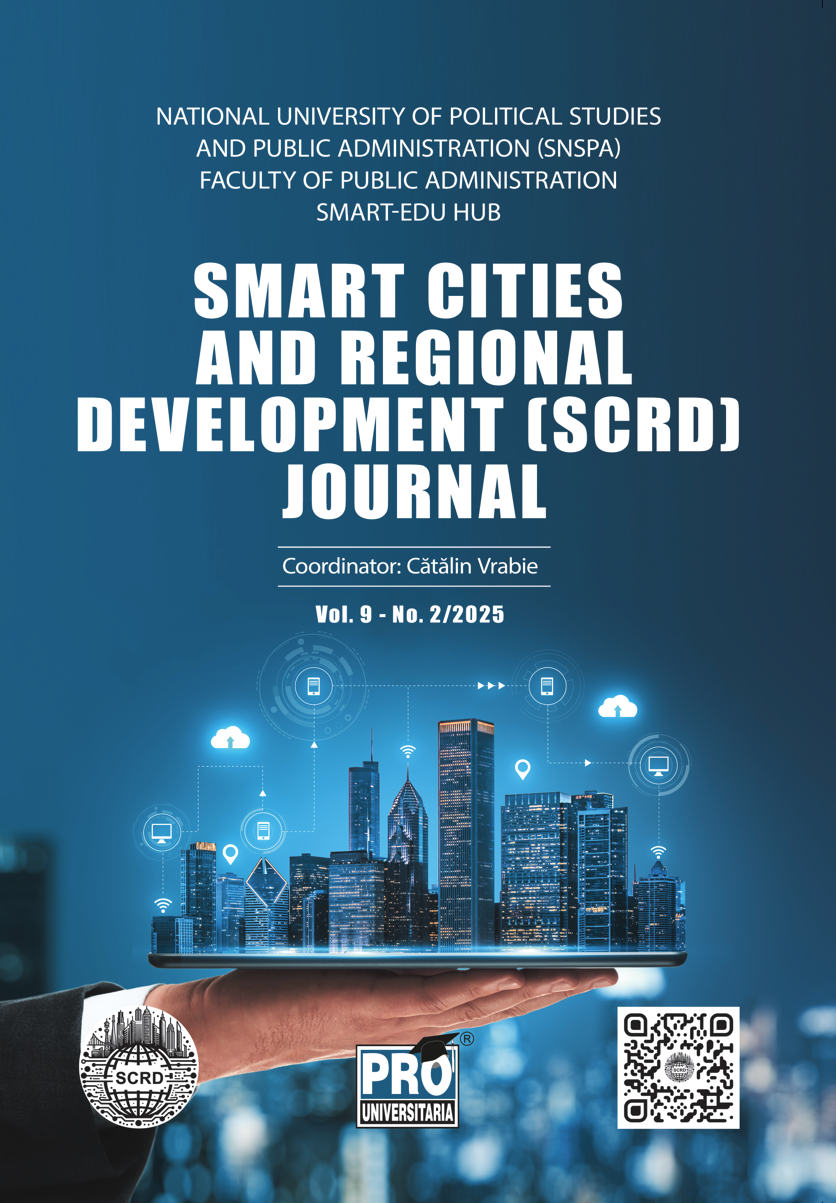Competition law in the age of AI: Confronting algorithmic collusion in the smart economy
DOI:
https://doi.org/10.25019/qnjgmk44Keywords:
pricing AI, liability, regulation, ethical AIAbstract
AI-driven pricing has become vital in the smart economy, boosted by advancements in IoT, AI, and big data. While robots and AI systems enhance efficiency and drive innovation across digital commerce platforms, they also raise competition law concerns. Algorithmic collusion is a prime example, as autonomous algorithms can independently coordinate market behaviour, challenging traditional liability frameworks. Though competition laws in regions like the EU, US, and China generally prohibit algorithmic collusion, the complex structures of these algorithms make it difficult to pinpoint responsible parties and assign liability accurately. This paper explores these complexities and examines algorithmic collusion's implications for liability attribution through a comparative lens. While EU case law provides some regulatory guidance, it often falls short in addressing the unique nature of algorithmic collusion. China’s approach is more restrictive, at times overlooking the autonomy of advanced AI systems. Given its distinct characteristics, algorithmic collusion requires a regulatory approach that differs from traditional collusion, particularly regarding liability. Additionally, this paper argues for the potential special liability of AI designers, who, given their expertise and control over AI, may need to adhere to higher ethical standards. These considerations suggest a need for regulation that both safeguards fair competition and fosters innovation in the evolving digital economy.
Downloads
Published
Issue
Section
License
Copyright (c) 2025 Chen LI, Ina VIRTOSU

This work is licensed under a Creative Commons Attribution-NonCommercial-NoDerivatives 4.0 International License.


